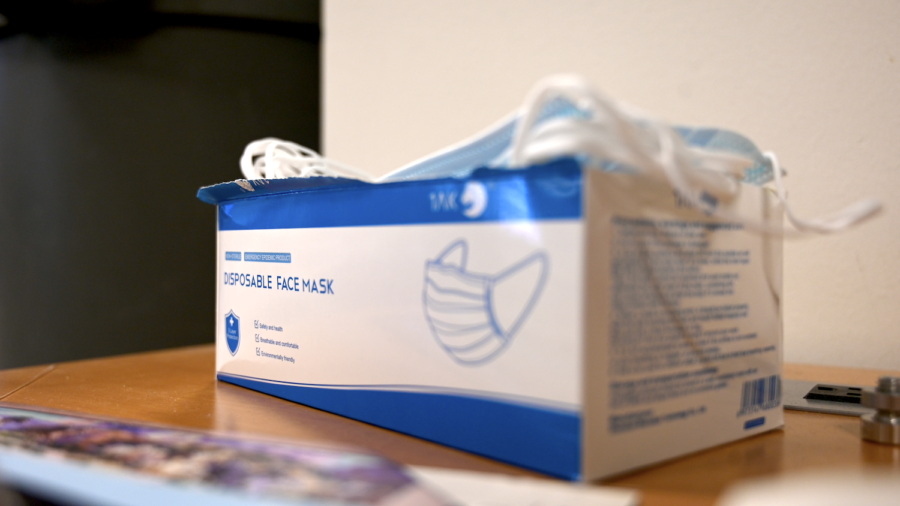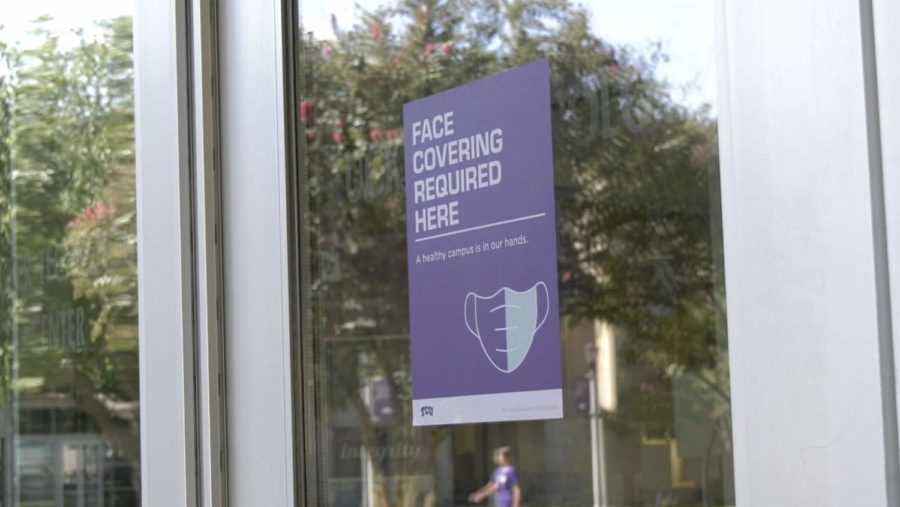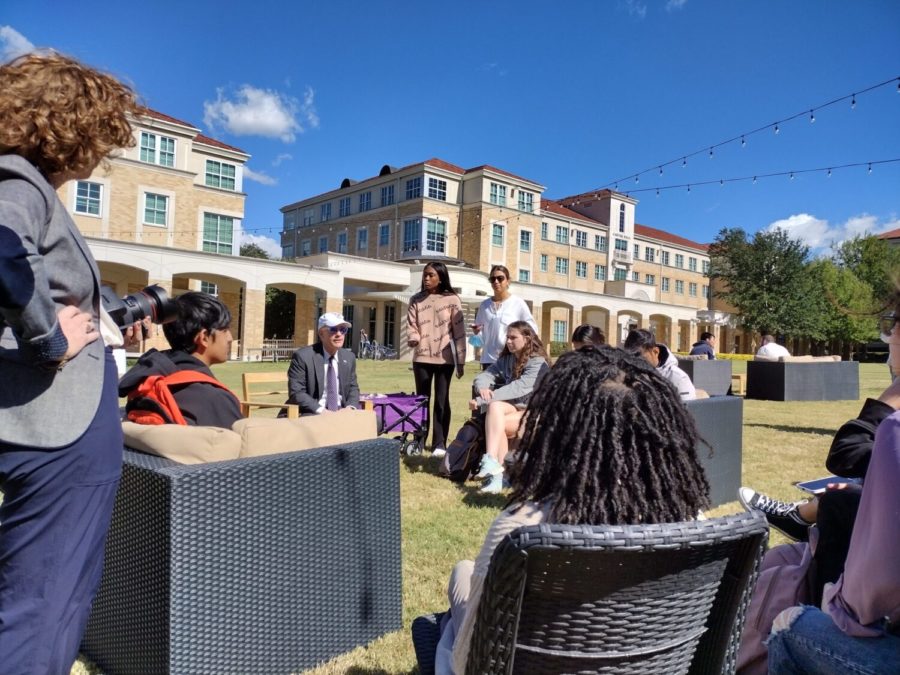Updated Oct. 6 with latest numbers.
Active COVID-19 cases among TCU students reached their lowest levels since the first week of classes Tuesday.
The drop to 7 active cases, two on-campus and five off, comes a month after case numbers reached a high of 444 among students.
That spike prompted concerns that the university would have to move to a fully online format. However, cases began steadily declining on Aug. 29 and have not risen since.
Read more: ‘We literally cannot keep up’: Spike in COVID-19 cases prompts warning
Vice Chancellor for Student Affairs Kathy Cavins-Tull said the rash of cases in the early weeks of the semester was caused by people moving back to campus from all over the nation and spreading the virus once they arrived.
“The natural activities that occur when a school year begins likely contributed to the spread of the virus,” she said.
The university sent out a number of emails to the student body asking them to cease gathering in large groups in the opening weeks of the semester.
Cavins-Tull attributed the decline in cases to university testing protocols and student behavior.
Group testing
TCU focused on testing groups of students living together once a positive case was identified to mitigate the growth of “clusters.”
Cavins-Tull said testing these groups and isolating the positive cases likely helped the university stop the spread.
“We target tested any groups, mostly living units, where we began to see clusters forming,” she said. “Those testing positive were isolated and others who were close contacts quarantined.”
Two Greek chapters were put under a blanket quarantine order during the second week of classes to help “slow the spread within membership.”
Read more: Two sorority chapters to quarantine for two weeks
TCU does not track the number of tests performed as part of their COVID-19 dashboard.
Student behavior
Student behavior has been identified as another cause for both declining cases and optimism that another spike won’t occur.
“I definitely think that student behavior played a big part in managing the spread and it will continue to remain the biggest factor in our control of the spread of this virus,” Cavins-Tull said.
Previous reporting by TCU 360 revealed concerns that students were not reporting positive test results to the university.
Students living off campus are not required to report positive test results to the university, although local testing providers are asking for consent. If they refuse, the health department follows up with their case.
Chancellor Victor Boschini said at a Faculty Senate meeting earlier this month that the university expects case numbers to fluctuate. Cavins-Tull agreed but said students can still be proactive to help stop the spread.
“Probably the most important things we know from the health experts are to wear your mask, keep your hands clean and maintain some physical distance with others,” she said. “I think we’ve gotten pretty good at this by now.”
She also mentioned the importance of sleep and regular eating as the academic workload increases around midterms.
“Maintaining a commitment to wellness will help the immune system and that is important for fighting COVID and as we enter flu season,” Cavins-Tull said.
The university will be offering their annual free flu shot clinic Oct. 7.
Read more: Annual flu shot clinic to occur outside, by appointment next month










